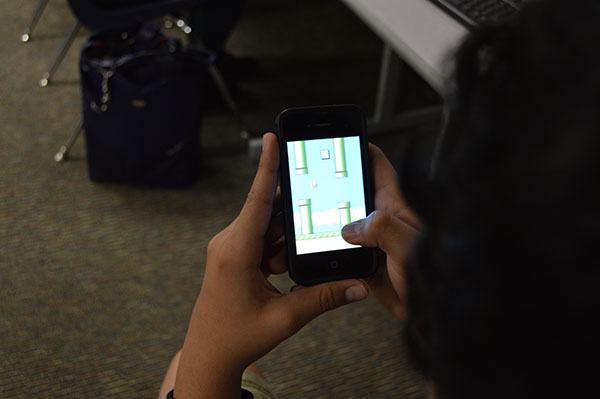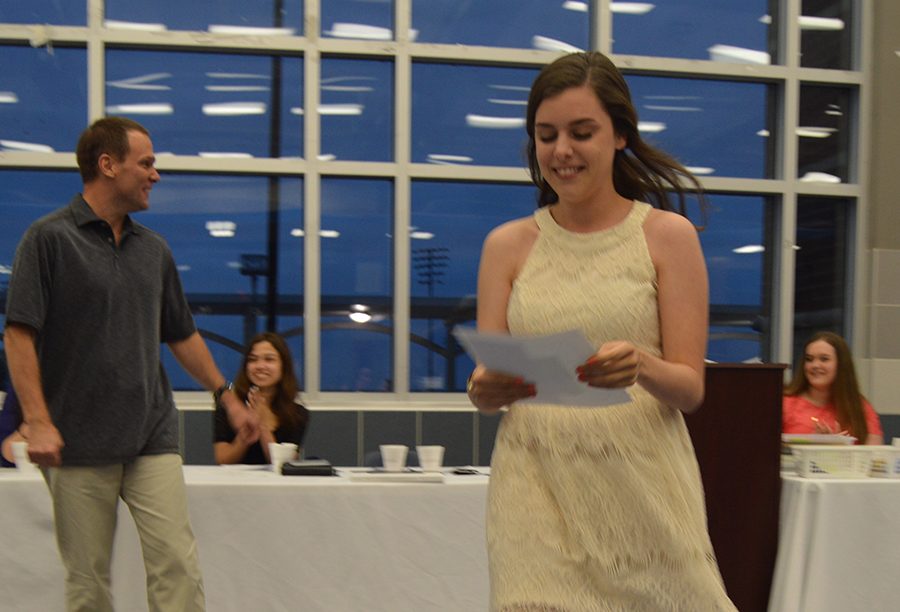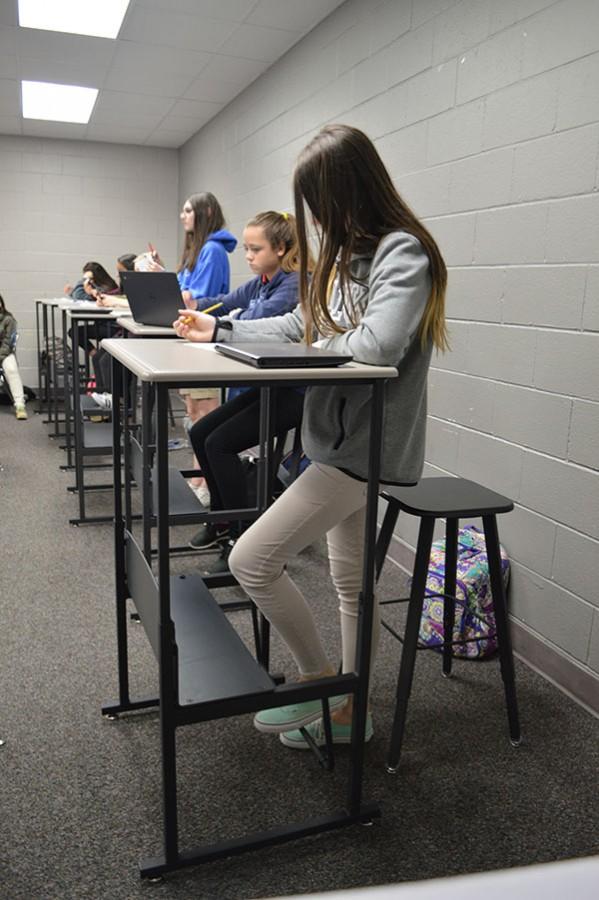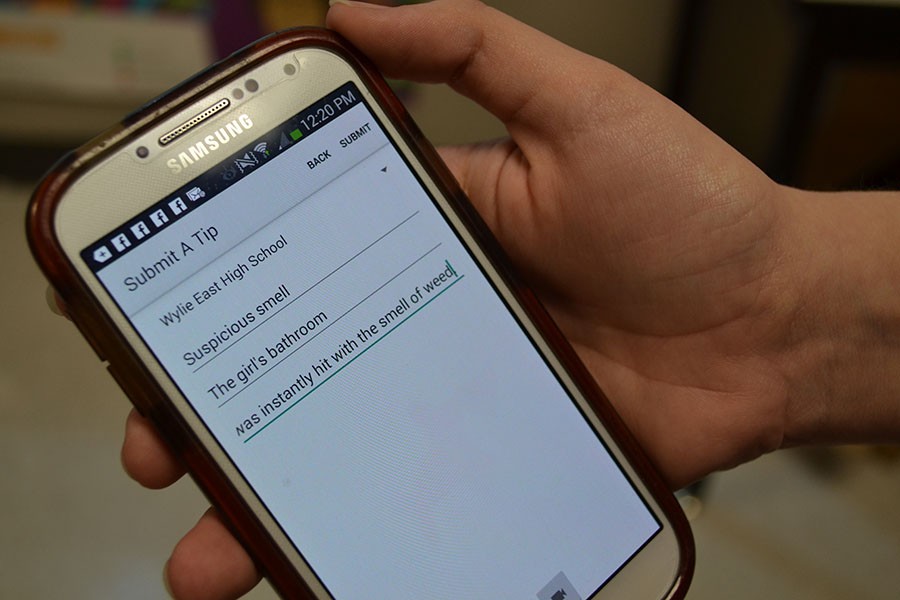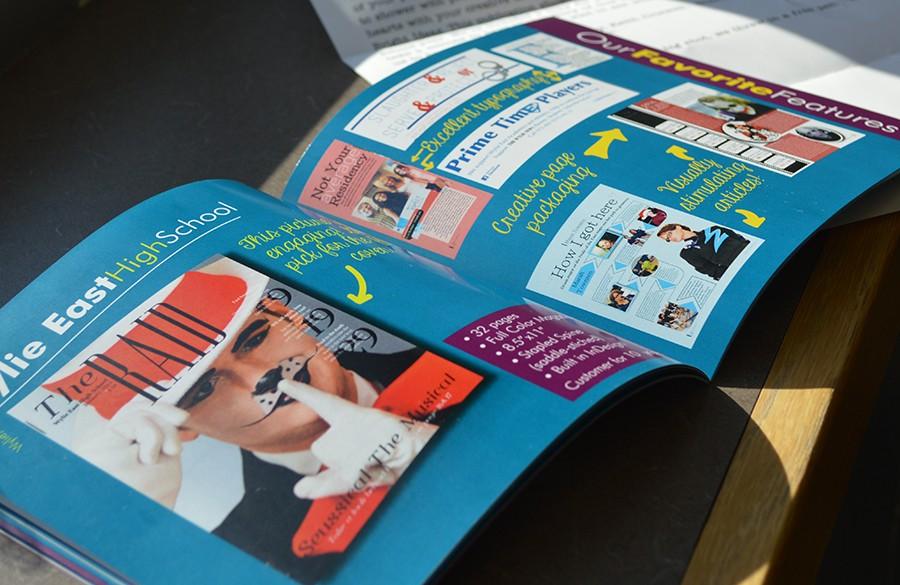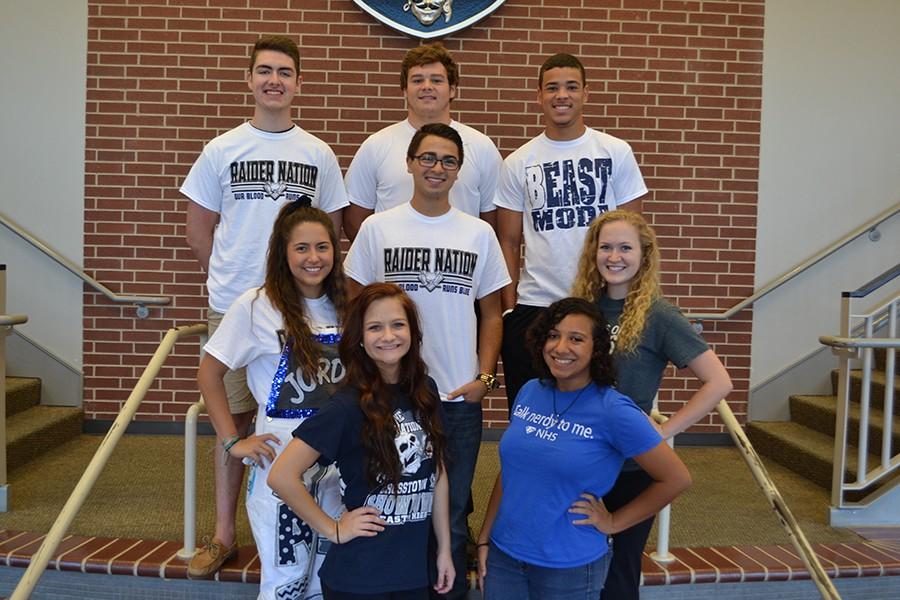Distracting apps cause obsession and disruption
Flappy Bird is an application that became notorious for its repetitive and demanding game structure. After news of murders and breakdowns resulting from the game, the creator, Dong Nguyen, released a statement on Twitter that the app would be deleted the very next day, because he “could not take it anymore.”
The obsession with Flappy Bird has swept across America causing reactions from small classroom disruptions to huge meltdowns.
“It’s very addicting to try to beat other people’s scores,” sophomore Tré Franklin said.
Several students find themselves just as addicted to other apps, from social media apps to game apps.
“My most addicting app is Twitter,” sophomore Zach Figueroa said. “I use it to get to know other people and get updates on my favorite celebrities.”
He’s not the only one, though. Figueroa thinks that people find social network apps addicting because they enjoy meeting people with similar interests.
“I have had the [Twitter] app for about a year and a half,” Figueroa said. “I heard about it from a few of my friends.”
With the overload of choices of apps to choose from, there’s an app for practically anything nowadays.
“Pinterest is my most addicting app,” sophomore Zoe Ferraro said. “The point of this app is to see things you like and get ideas on clothes or hair styles.”
While some people can appreciate the availability of apps nowadays, others think that they may do more harm than good.
“The apps are a good way to waste your time,” Franklin said.
Coach Matt Spencer believes that technology as a whole is what is causing an issue.
“It’s not just teens, but adults too,” Spencer said. “I think that it’s just a problem in our culture at large and our kids are just caught up in it.”



